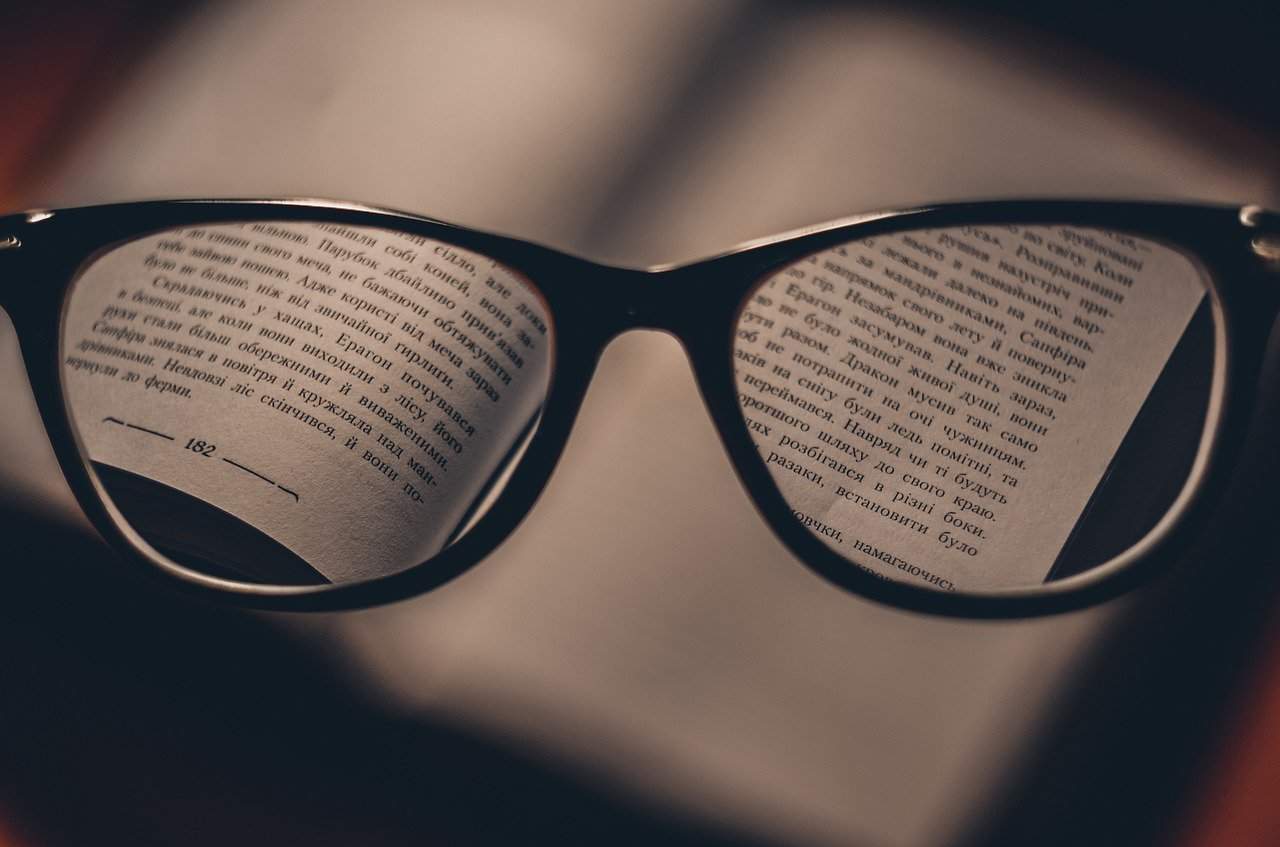Contents:
Medical Video: How to Tell the Difference Between a Polycarbonate Lens vs. Glass Eyeglass M... : Eyeglasses Basics
The decision to choose glasses or contact lenses to improve vision depends on personal preference. Lifestyle, comfort, convenience, budget, and aesthetics must all be included in the factors of your decision making process.
Before deciding which one to use, keep in mind that one of them is not always better than the other; each has its advantages and disadvantages in terms of sharpening vision, ease of use, and eye health.
So, which is better for your specific needs and lifestyle - glasses or contact lenses? The following are details of the advantages and disadvantages of each type of eye correction tool to help you choose.
Eyeglasses
The advantages of wearing glasses
- Anyone can wear it, regardless of age. Glasses is a simple and fast solution to overcome vision problems.
- Glasses provide accurate and predictable vision improvements, up to a range of 0.50 diopters from the desired correction. Glasses are also easy to update when your eye recipe changes. That means you will always see what you should see.
- Wearing glasses reduces the need to touch the eyes, which can reduce the possibility of eye irritation or develop eye infections.
- Glasses are generally cheaper than long-term contact lenses. You don't need to change your glasses often (unless you break them). And if your recipe changes over time, you might be able to use the same frame and only replace the lens.
- If you have dry or sensitive eyes, glasses won't worsen the problem like contact lenses can.
- Glasses offer some protection from environmental factors such as wind, water, dust, and other foreign particles.
- Wearing glasses does not cause side effects, because the glasses never touch the eyeball itself.
Lack of wearing glasses
- Some people consider glasses to be impractical, easily lost and / or damaged.
- If your glasses are thick, the rim of your lens might make you look less attractive. Thick glasses can make the wearer's eyes look smaller or enlarge unnaturally.
- The glasses are about 12 mm from the eye, so your peripheral vision can be distorted. Many people also report difficulty focusing on objects and blurred vision when they first start wearing glasses or changing recipes.
- Some frames can exert constant pressure on your nose and behind your ears, which leads to headaches and discomfort. Eyeglass frames can also leave mold marks on the side of the nose that are unsightly.
- Glasses can be affected by external factors - your vision You can be obstructed or blurred by moisture accumulating in your lens or when they become misty in cold weather.
- Glasses can be damaged or lost - the cost of replacing them may be the same weight.
- In some types of work (such as firefighters) or in active sports, wearing glasses may not be accepted because it will make it difficult for users to move as optimally as possible.
Contact lens
The advantages of using contact lenses
- Contact lenses are made according to the curvature of your eyes, providing a wider range and maximum viewing range so that they cause less distortion and distortion of vision from the glasses.
- Contact lenses will not interfere with your movements during exercise or work.
- Contact lenses are not affected by weather conditions and are not foggy during cold weather.
- You can experiment with various types and colors of contact lenses, according to your lifestyle and personality.
- Wearing glasses for hours makes you tired and increasingly uncomfortable. This can be avoided by using contact lenses.
- Some contact lenses can reshape your cornea while you sleep. Overnight orthokeratology (Ortho-k), for example, corrects your myopia while sleeping temporarily so you can see clearly the next day without the need for glasses or contact lenses.
Lack of wearing contact lenses
- Some people have difficulty applying contact lenses to their eyes. You need good hand-eye coordination to clean, install and remove the lens. Cleaning and disinfecting the lens can also be a complicated and troublesome routine every time (although the right techniques and exercises can help you).
- Contact lenses limit the amount of oxygen that reaches your eyes and can cause or increase the severity of dry eye syndrome.
- If you work at the computer for a long time, wearing contact lenses may contribute to symptoms of computer vision syndrome.
- Contact lenses require proper lens care, and the lens storage box must be cleaned every day, to avoid serious eye infections. If you cannot commit to undergoing a contact maintenance and replacement cycle, consider disposable contact lenses.
- If you accidentally fall asleep while wearing contacts, your eyes will usually dry, sandy, red and irritated when you wake up. If you find yourself often falling asleep still using contacts, consider the type extended wear contact lenses - This type is approved for up to 30 days of usage
- Contact lenses put you at greater risk of infection and eye damage. For example, not removing contacts regularly and cleaning them according to the rules of use, can cause you many problems - increased risk of corneal infections, scratches, and abrasions.
- Contact lenses are not designed to work well in extreme weather conditions, or when you swim.
- Contact lenses cost more than glasses. Not only do you have to spend more money on contact lenses at the beginning of use, but you must continue to get new ones, including the cost of storing lenses, maintenance and disinfection fluids. Contact lenses cannot last a lifetime.
- It takes a long time to adapt to the contact lens. Most contact lens users complain of discomfort, pain, and irritation for weeks. Some people may have swelling or infection. Some people may not see properly - constantly blinking, twitching, or closing their eyes. Some people may never get used to contact lenses.
Wearing glasses or contact lenses is a personal choice. Keep in mind, even if you wear contact lenses from time to time, you also still need to have a pair of spare glasses after prescribing your eyes - if at any time you need to stop using temporary contact lenses due to irritation or eye infections, or you just want to rest your eyes for a moment.
READ ALSO:
- 3 Things About Eyes That You Must Know
- 7 Causes of Dry Eyes, and How to Overcome It
- What You Need to Know Before Getting an Eyelash Extension












